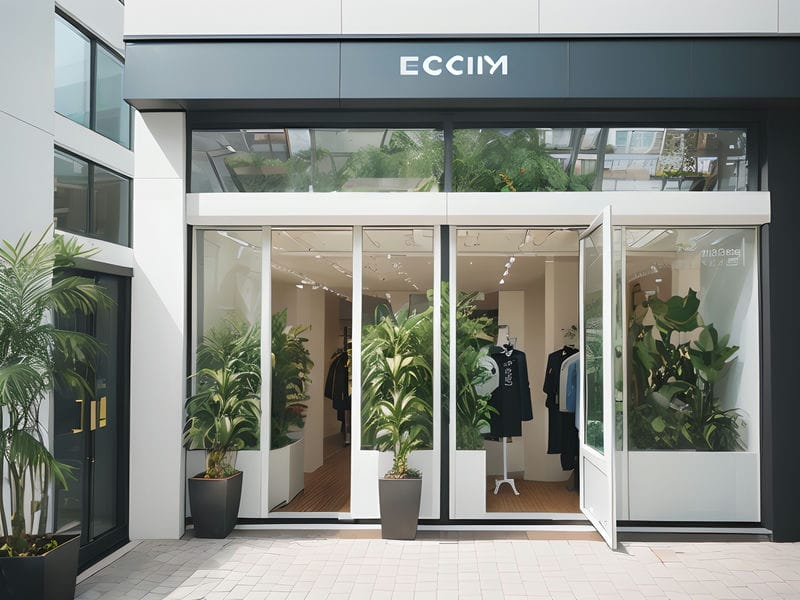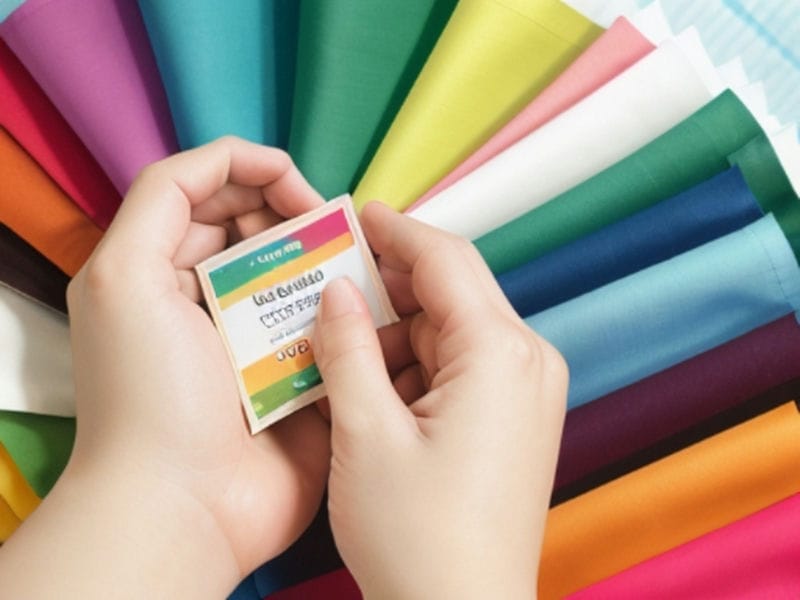How Certifications Promote Transparency in Fashion
Mini Dress
Certifications play a crucial role in promoting transparency in the fashion industry. By obtaining certifications, brands and manufacturers are able to showcase their commitment to ethical and sustainable practices, providing consumers with the assurance that their products are produced in an environmentally and socially responsible manner.
One way certifications help promote transparency is by setting clear standards and guidelines for companies to follow. These standards often cover various aspects of production, such as fair labor practices, resource conservation, and chemical management. By adhering to these standards, companies can demonstrate their dedication to operating ethically and sustainably.
Furthermore, certifications provide consumers with valuable information about the products they are purchasing. Linen is biodegradable and long-lasting Understanding GOTS Certification for Organic Textiles Global Organic Textile Standard (GOTS). Minimalist wardrobes reduce excess Circular Fashion Practices Piñatex. When a product carries a certification label, it serves as a tangible symbol of the brand's credibility and integrity. Consumers can easily identify which brands are committed to ethical practices and make informed choices based on this information.
In addition, certifications help drive positive change within the industry by encouraging competition among brands to improve their sustainability efforts.
How Certifications Promote Transparency in Fashion - Brooke
- Opal
- Cardigan Cacao
- Payton
Overall, certifications are essential tools for promoting transparency in the fashion industry. They not only hold companies accountable for their actions but also empower consumers to support brands that align with their values. By choosing certified products, individuals can contribute to a more sustainable and ethical future for fashion.












